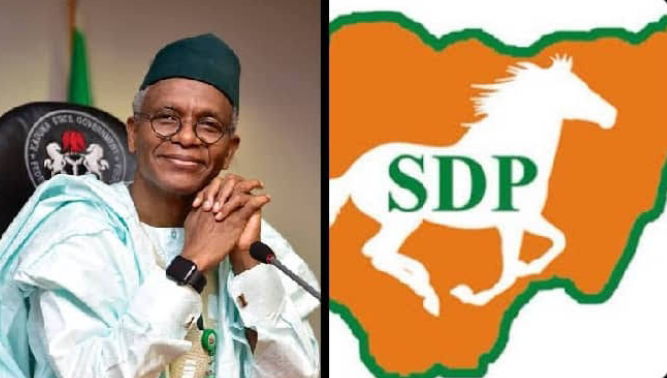Nigeria: Buhari grows into his presidential role
Published on 2016 March 2, Wednesday Back to articlesBuhari grows into his presidential role
Despite his impatience with politicians of all stripes, Muhammadu Buhari is growing into his presidential role, Nigeria Focus reports, speaking directly to the people on television and social media. So far he has come across fairly well, with credibility on the anti-corruption campaign and the security front.

Occasionally he is wrong-footed, as when on a trip to London in early February he seemed to criticise Nigerians who seek work or qualifications abroad. He remarked to the right-of-centre Daily Telegraph that Nigerians need to ‘make a respectable living at home’ to counter their ‘image problem abroad.’
Buhari representative Garba Shehu promptly issued a 9 February release correcting any suggestion Buhari meant to imply Nigerians were ‘criminals’ but stating that there are some who harm the country’s international reputation.
Domestically, Buhari’s influence within the party remains strong, despite the significant challenges he faces. Some pointedly question, however, whether he has sufficient time to act effectively as petroleum minister considering his frequent travels.
International diplomacy
Buhari’s visit to the Middle East (Saudi Arabia and Qatar) could be worthwhile. He is seeking to strengthen Nigerian links there to benefit from security insights and economic co-operation.
Saudi Arabia, for its part, wants Nigerian support for its anti-terrorism alliance, the war in Yemen, and its market-share strategy on oil prices. All of Riyadh’s positions on these issues have a strong anti-Iran flavour, however, and officials in Buhari’s office have made it clear they have no interest in taking sides in that geopolitical dispute.
In other diplomatic moves, Buhari hosted Italian prime minister Matteo Renzi in Abuja on 1 February. The two discussed a number of bilateral matters including natural resources, agriculture, and security and agreed to co-operate on intelligence matters.
Getting rid of Jonathan appointees
The president continues to make decisive leadership changes, including the removal on 15 February of the heads of no fewer than 26 state agencies or parastatals, including national broadcasting stations, the Nigerian Content Development and Monitoring Board (NCDMB), the Bureau of Public Enterprises (BPE), the Bank of Industry (BoI), and the Bureau of Public Procurement (BPP).
This move, which was inevitable at some stage but not expected to be so sweeping or abrupt, is seen by some as a purge of yet more Goodluck Jonathan appointees and loyalists. It took place just days after the federal government controversially removed vice-chancellors at several federal universities championed under Jonathan.
Well-known figures who are departing include the BPE’s Benjamin Dikki, who will no doubt hope not to be burdened with further questioning on electricity-sector privatisations. Meanwhile, the enquiry into how major errors crept into the national budget is sure to continue, with sweeping personnel changes expected even after the departure of budget office director-general Yahaya Gusau.
The anti-corruption plank
The fight against corruption remains a key plank in Buhari’s international message, as reflected by his 3 February comments at the EU parliament in Strasbourg, France.
Corruption was also the topic of a high profile report released this month by Nigerian National Petroleum Corporation (NNPC) forensic auditors PricewaterhouseCoopers (PwC). The report suggests Nigeria could increase its 2030 GDP by over one-third by reducing corruption to Malaysia’s level, and by over 20% if it achieves the corruption level of nearby Ghana.
In the short term, Buhari is fully behind a proposed money-laundering bill that could see guilty parties imprisoned for as much as seven years.



